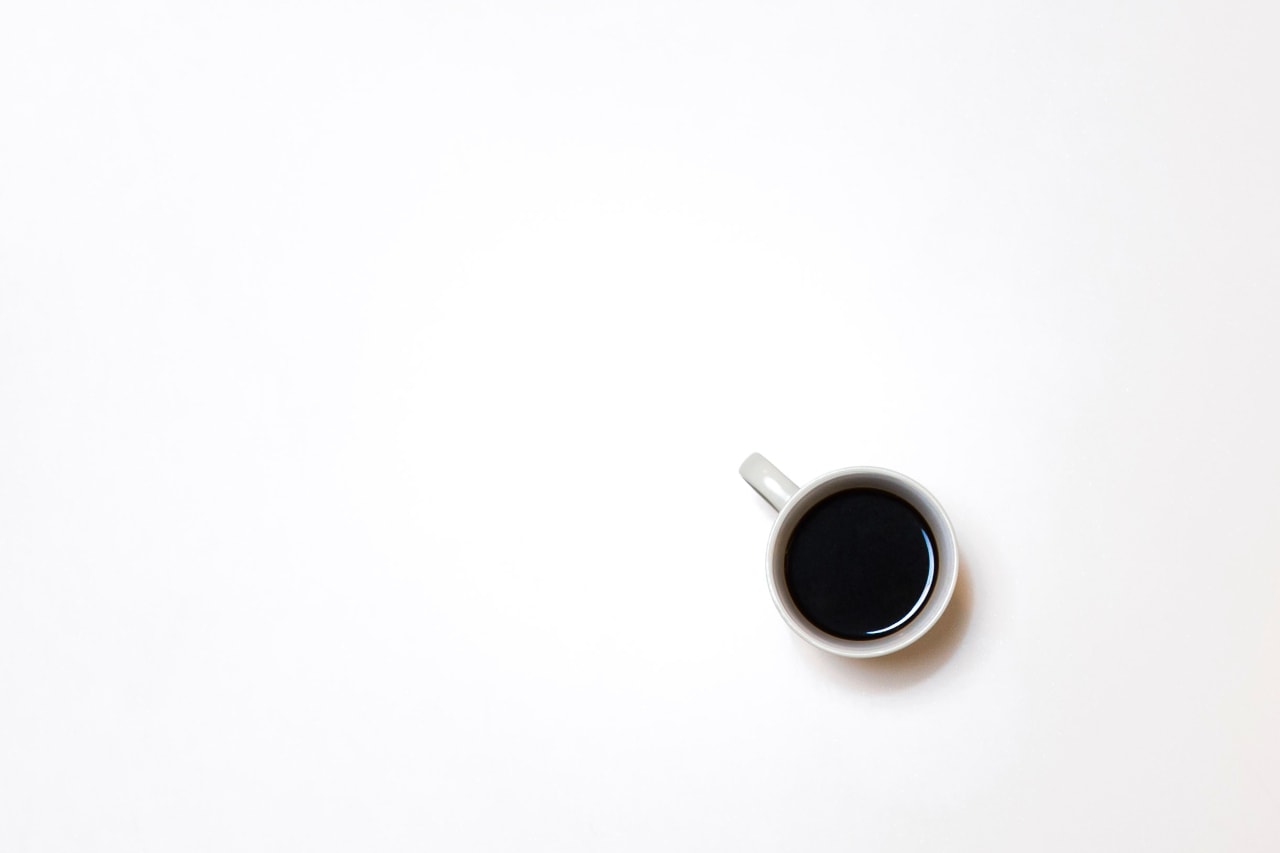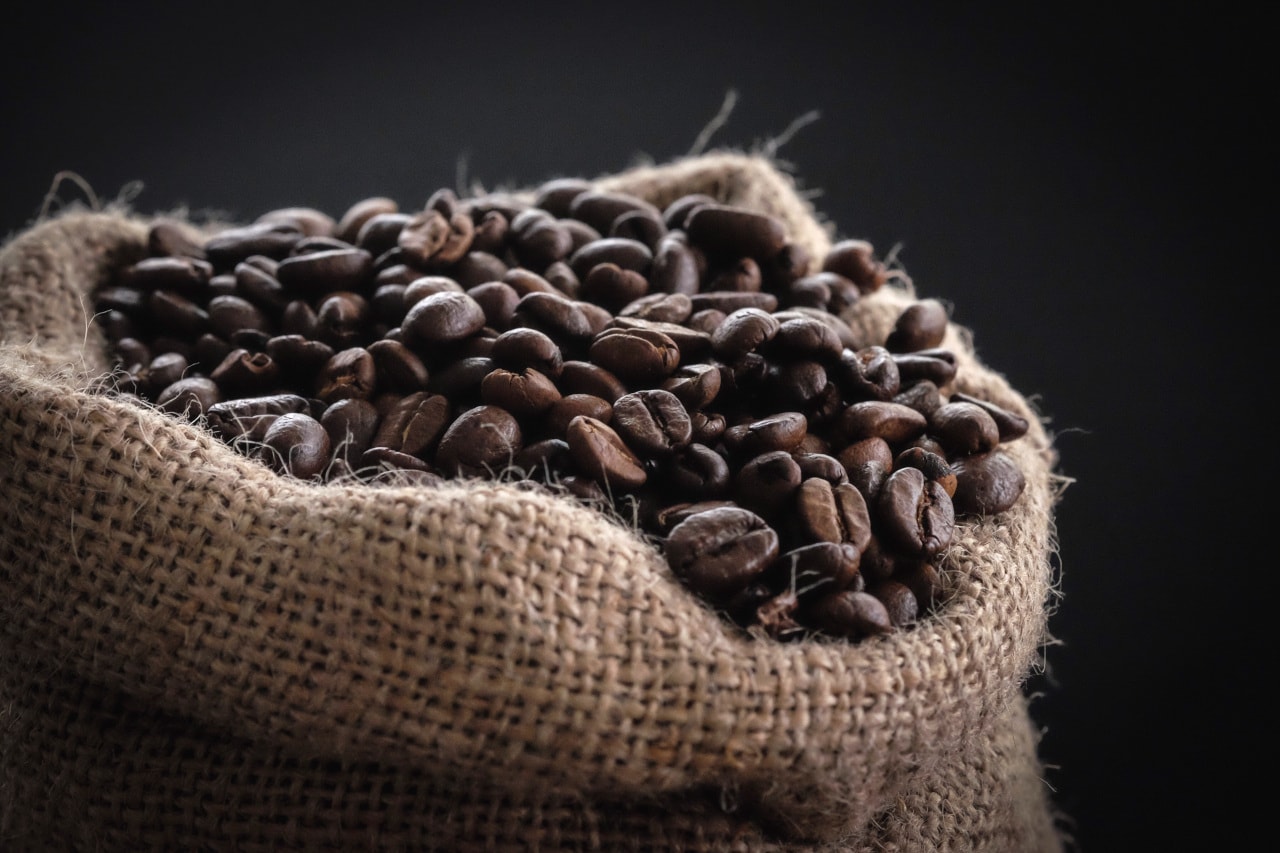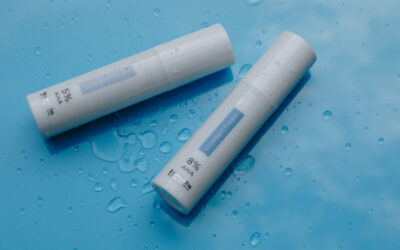There’s nothing more soothing, especially on a cold winter morning, than a hot cup of coffee. It does more than just perk you up. There are many health benefits to coffee as well.
Related: Pizza can actually be good for you. Here’s how
Having a coffee is an important part of the morning routine. In big cities, more coffee shops are popping up all over the place. But thankfully, they aren’t just Starbucks franchises anymore. People have become much more sophisticated. They are looking for good quality coffee and all the health benefits that come with it, as well as that perk up.
“Studies have shown that drinking up to 4 cups of coffee a day is a safe amount of coffee consumption for men,” says Caron Morgan, whose Toronto-based company, Birdy’s Daughter, sells high quality, Jamaican Blue Mountain coffee. “It counts towards your daily water consumption. Studies have also shown that men who drink coffee have higher testosterone levels than men who don’t drink coffee due to the boost of caffeine.”
Health benefits of coffee: Improving physical performance
Coffee can improve physical performance. That’s especially true if you have a strong cup an hour or so before you hit the gym. Caffeine is a natural stimulant that can help improve physical performance by increasing adrenaline levels in the blood. Drink a cup of coffee and you will feel more energized and alert.

You can lose weight
What? Really? Coffee may help you with weight loss. That’s according to some research, anyway. Coffee can help with weight loss by increasing metabolism and reducing appetite. However, lay off the sugar and cream – those can negate these benefits. So it’s best to drink it black or with a small amount of milk.
Health benefits of coffee: Lowering risk of disease
You can lower the risk of certain diseases by drinking a cup of quality coffee. There is some evidence to suggest that coffee consumption may be linked to a lower risk of several diseases, including type 2 diabetes, Parkinson’s disease, and liver disease. Look for more research there, to fully understand these associations and determine the optimal amount of coffee to consume for potential health benefits. But we like what we are hearing.

Lowering risk of certain cancers
Drinking coffee may protect against certain types of cancer, including breast, colon, and prostate cancer. There is research out there that says it can. It comes down to the antioxidants in the beans coffee is brewed from. So knowing we can enjoy a good cup in the morning while also protecting our health sounds pretty good to us.
More alertness
Caffeine has been shown to improve mental function by increasing alertness, attention, and concentration. This can be especially beneficial for people who need to stay alert and focused for long periods of time, such as students or shift workers. Or writers.
So while there are potential health benefits with drinking coffee, it’s also important to consume it in moderation. Too much coffee can also have negative effects on your health, such as disrupting sleep, and increasing anxiety. It’s best to limit your coffee intake to no more than three to four cups per day.
What’s the solution?
Morgan says not all coffee is created equal. Coffee is the number one pesticide sprayed crop in the world. Farmers in an effort to protect their crops from the vast array of pests that threaten them will use toxic pesticides, and fertilizers. Some are directly linked to causing cancer. Many pesticides and insecticides are sprayed directly on the crops. While the beans are washed with water when harvested, this water is released back into streams and rivers and soil which now contain highly toxic chemicals.
“Drink coffee that is grown without the use of pesticides, herbicides, germicides, chemical fertilizers and other harmful chemicals,” Morgan adds. “Good quality coffee brands will state this in their marketing or packaging. Certified organic coffee is becoming increasingly more available. Many small batch roasted coffee companies buy only from farmers who avoid the use of harmful pesticides, herbicides and chemical fertilizers throughout their growing process.
“Read the labels, ask questions and as much as possible know exactly where that bean came from and the processes used to grow it.”
Top photo by Jessica Lewis on Unsplash

Mark Harrison (left) is a luxury watch connoisseur, having travelled to some of world’s top international watch and jewellery events and trade shows, in particular Baselworld, held every spring in Basel, Switzerland. Baselworld is a must-attend week on the calendar for watch lovers, and Mark will be in attendance again this year. He writes regularly on trends in luxury watches for Regarding Luxury.








